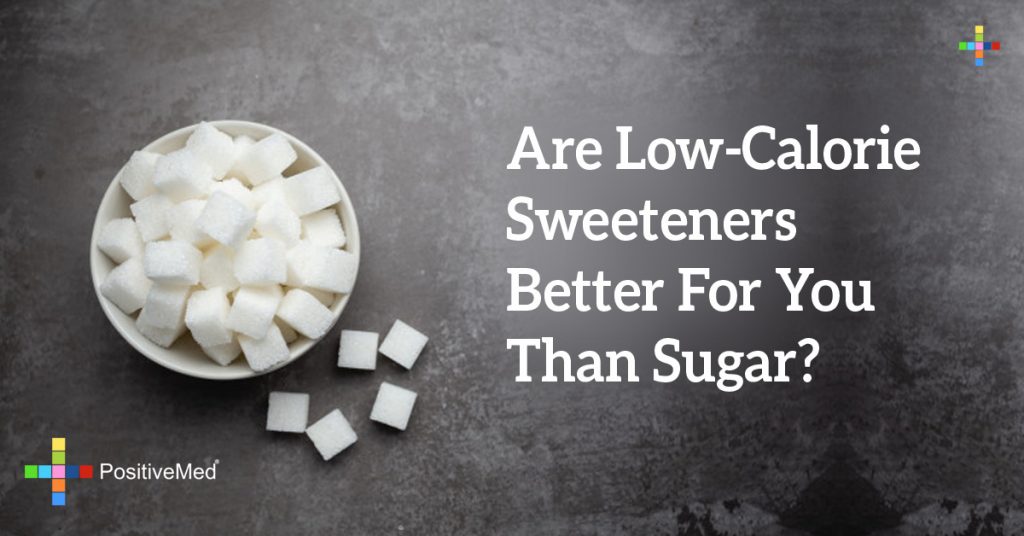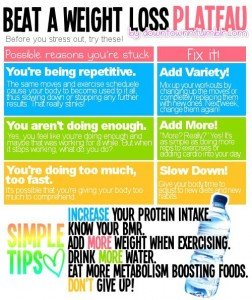
Are Low-calorie Sweeteners Better for You than Sugar?
The human body uses glucose, the most basic form of sugar, as an energy source. When we stop consuming sugar or dramatically decrease our intake, our bodies use other sources to make up the difference. These can include stored fat, dietary fat, muscle, and consumed protein. The only part of the body that relies exclusively on glucose is the brain, and for healthy people, the liver can produce sufficient glucose for this purpose, making consuming sugar ultimately unnecessary for health and wellness.
Excessive sugar and carbohydrate consumption can lead to weight-gain, adult-onset diabetes, higher risk or heart attack or stroke, and may even contribute to depression and anxiety disorders. Much of this happens because excess sugar is stored as body fat. This leads to obesity, the root of additional health issues, like those listed above.Switching to one of the many available low-calorie sweeteners can cause you to feel tired, moody, hungry, and out of sorts in the short-term, usually no more than two weeks if you go cold-turkey on your sugar consumption. Some people liken sugar to a drug because of how closely these symptoms mimic withdrawal from addictive drugs. In the long-term, most people feel better.
Weight loss is a complex process. Over-consumption of sugar can cause weight gain, so reducing or eliminating it from the diet can promote healthy weight loss; however, if your caloric intake increases, then you may not seem the decline in body weight you had hoped to experience. Low-calorie sweeteners can help, along with other healthy eating habits, including getting enough fiber and lean protein and making other substitutions to lower your daily calorie count.
In terms of safety and children, low-calorie sweeteners are generally considered okay. They are unlikely to experience a reaction to them. For infants, it is best to talk to their pediatrician due to their special physiological needs and developing metabolisms. Unfortunately, using a low-calorie substitute does not guarantee that kids will not develop a sweet-tooth later in life.

Over the years, various studies have found some health risks associated with artificial sweeteners, although many of the early ones were later retracted due to methodological flaws. Currently, some association exists between these sweeteners and stroke-risk; however, the verdict is still out on that one.
As with most things, moderation is important. Over-consumption of some types of low-calorie sweeteners, such as maltitol, can cause stomach issues, including bloating and diarrhea, although these tend to be temporary and vary from one individual to another. Many people develop a tolerance to these effects over time.
Low-calorie sweeteners can be a part of a healthy diet, especially for those trying to lose weight while also craving sweets. The important thing to remember is to use them in moderation and to recognize that some of these sweeteners may work better for you than others. You may have to experiment to find the ones that work best for your unique metabolism.





